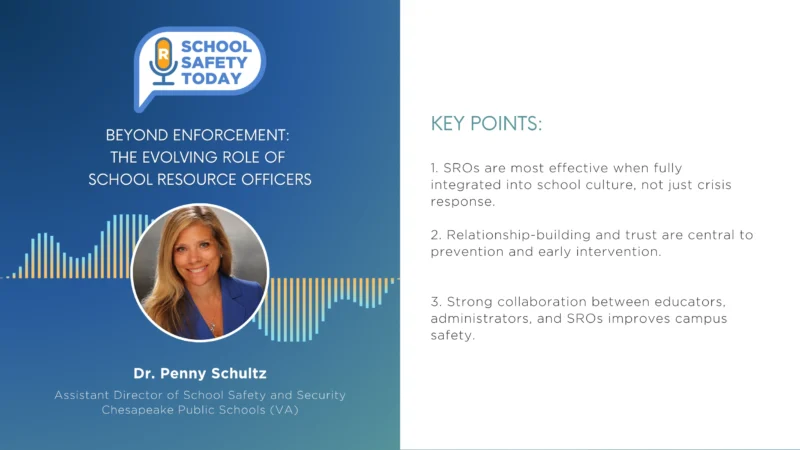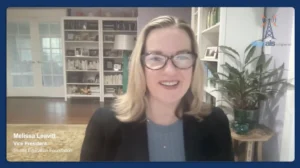Why Upskilling is More Than Just Job Training
The current economic zeitgeist suggests that workers need to start re-educating themselves if they want to not only survive but thrive. David Blake, CEO of Learn In, thinks differently. On this of EdTech Today, David breaks down why the employers are the ones that should shoulder the burden of educating the workers in order to not only retain workers but save money in the process.
His company recently announced that it has partnered with Degreed, the leading enterprise learning experience platform. The partnership will enable Degreed’s 7 million users access to a marketplace of short, cohort-based learning experiences, plus innovative tools that unlock employer tuition assistance, allocate and manage necessary time for learning, and support via personal coaches.
“Through partnerships like this, we empower companies to build the talent they need, effectively addressing the skills shortage,” said Learn In co-founder and CEO, David Blake. “We can provide a unique set of high value learning opportunities through a novel solution for funding rapid, job-ready skill building at scale. By tapping into employers’ existing tuition assistance budgets, Corporate Learning, Talent and HR teams can develop essential capabilities faster and easier than ever before.”
Blake, a serial edtech entrepreneur, co-founded Degreed in 2012, and co-founded Learn In along with Chief Operating Officer, Yael Kaufmann, and Chief Product Officer, Taylor Blake in 2020. “Our research consistently shows that lack of time, guidance and support are the biggest barriers to employee skill development,” said Kat Kennedy, President of Degreed. “Degreed helps companies overcome this gap by enabling workers to create skill profiles and connect with the content, people and experiences that matter most to their futures. Now, with Learn In available through Degreed, this data can give our users recommendations for more intensive upskilling and reskilling opportunities, all potentially paid for via their company’s tuition assistance program.”
Learn In works with enterprises to scale the number of employees building job-ready skills. Learn In’s technology allows companies to navigate a curated marketplace of world-class bootcamps and certificate programs aligned to business needs. The options cover a variety of the most in-demand skills, such as data science and digital marketing. To drive action towards completing these programs, companies use Learn In to precisely target teams with approved learning time, synchronous cohort-based learning, support via 1-on-1 coaching and prepaid financing tied to specific programs. On top of this, Learn In’s analytics show HR and learning leaders the ROI of every dollar spent along with the skill-building progression of participants.
“When more targeted and intense, expert-led instruction is needed to close skill gaps, enterprises look to Learn In. That’s what we aim to bring to Degreed’s clients through this partnership. Once people know via Degreed what skills are required to progress at work, they then need financial support, focused time to learn with others, plus support and coaching on-hand,” noted Kaufmann.
In Degreed’s 2021 State of Skills report, 60% of all respondents say that COVID and the subsequent economic crisis has accelerated their need to develop new skills; in the same moment, 46% say their employer has reduced upskilling opportunities during the pandemic.
By aligning upskilling opportunities with companies’ existing tuition assistance programs, this partnership enables companies to leverage tax-advantaged dollars that they already have in place. Through the Learn In and Degreed partnership, those dollars can now be used on any upskilling program or course—not just traditional degree programs. “Upskilling requires, on average, 480 hours and a $24,800 investment, per the World Economic Forum. It is a big job to upskill even a single individual– and companies must increasingly do it at scale or fall behind,” says Blake. “This is a new job for companies, one they historically outsourced to universities. As companies take on this intensive role in upskilling their employees, they need help. Degreed plus Learn In have partnered to deliver the most comprehensive upskilling journey to date.”
Listen to Previous Episodes of EdTech Today!
Follow us on social media for the latest updates in B2B!
Twitter – @MarketScale
Facebook – facebook.com/marketscale
LinkedIn – linkedin.com/company/marketscale








